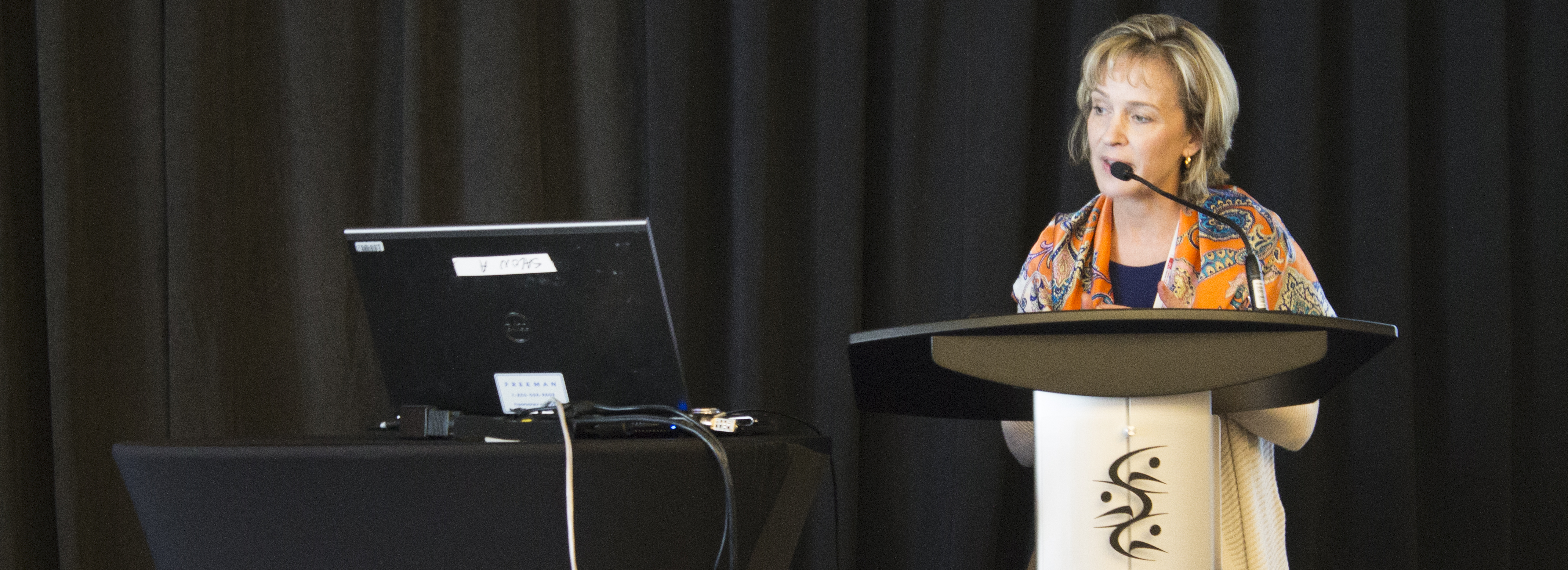The Canadian Bureau for International Education turns 50: An interview with Karen McBride
The Canadian Bureau for International Education (CBIE) has been a national voice in our thriving sector for 50 years now. We were delighted to attend their 50th Annual Conference in Ottawa last week, where we met with President and CEO Karen McBride. She shares her thoughts below.
BCCIE: What led to your interest in International Education and work at CBIE?
KM: After I completed my graduate work in International Affairs, I was employed at an organization called the Parliamentary Centre. I worked most closely with the House of Commons Foreign Affairs Committee. As a result of that work, I became much more familiar with the power of International Education relationships between Canada and other parts of the world. I became very interested in how to foster those as part of our foreign policy.
BCCIE: CBIE turns 50 this year. What does the 50th anniversary signify to you?
KM: For me, what has been really striking about this year is thinking about the roots of the organization: Going back even further than 50 years, we were in the wake of World War II and the beginning of the Cold War. A very important rationale for International Education then was building bridges between people because Canadians could never imagine another catastrophe such as World War II. This rationale is still so noble and relevant; it is crucial that we consistently renew our commitment to it. While we all understand that there are multiple benefits to International Education not least of which are economic benefits, at its core, the most enduring contribution of International Education is to build bridges between people.
BCCIE: The theme of this year’s conference is “Internationalization for all.” How can we make International Education work for everyone, including students who cannot afford to study abroad?
KM: There are many facets of International Education, and many of those involve mobility across borders. However, we cannot lose focus on the students who do not have these opportunities. Internationalization for all is about incorporating global perspectives in what we teach. How can we teach students to succeed in a global society? We need to better define learning outcomes in this area so that gaining global perspectives is part of our education system’s expectations.
BCCIE: How might the current Trudeau administration impact International Education in Canada?
KM: It is clear there is an emphasis on young Canadians and Canada’s place in the world. When you put these two things together – our young people, our students, are our best ambassadors. I am hopeful the Trudeau administration will see that supporting International Education in a more robust way is critical to Canada’s role in the world.
BCCIE: What is in store for CBIE in the next five years?
KM: Our strategic plan puts emphasis on CBIE’s role as a catalyst in helping Canadian students incorporate global learning outcomes in their education experience at all levels. In the next several years, we will support our member institutions to help make this a more robust reality.
As you know, we also launched a study abroad initiative at this conference called “Learning Beyond Borders: A National Conversation on Learning Abroad and Canada’s Global Engagement Challenge.” This initiative was created because we learned that in addition to financial barriers, there are attitudinal issues and institutional policies and practices that inhibit learning abroad. We want to work with our member institutions to tackle issues of awareness, policy and practice. We want to show young Canadians what they can gain from international experiences.
BCCIE: Is there anything else you would like to comment on with respect to CBIE’s 50th Annual Conference?
KM: Just how thrilled I was to see so many first-time conference attendees. It shows how burgeoning the field of International Education is. As president of CBIE, it is heartening to see colleagues gain so much from attending our events, learn from one another, and be part of a community and field that is strong, growing and vibrant.



